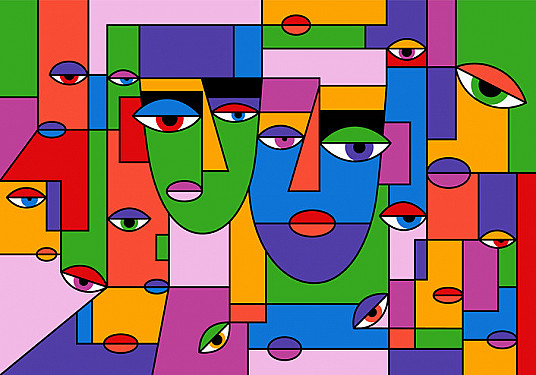
One of the many underappreciated things about the human body is that it has a lot of excess capacity. That is, our organs have more reserve than most of us will ever need.
It’s as if our bodies were designed with the idea that we might need backups in case of illness or injury. And voila: when all goes well, we arrive at birth with two kidneys, not just one!
Of course, the kidneys are not the only example. So, why are we built with natural redundancy? And which of your body parts can safely fail or be removed without impairing your health?
Why do our organs have so much reserve?
The likely answer is evolution: early humans with a genetic makeup that produced organs with functional space to spare were better able to survive, thrive, and reproduce than others without such a genetic makeup. As a result, genes associated with excess organ capacity — remember: two kidneys, not one — were more likely to be passed down to future generations.
Meanwhile, evolutionary ancestors without as much reserve may not have survived long enough to reproduce, and so weren’t as successful at passing their genes along. Over thousands of years, this power of natural selection has led to modern-day humans having organs with plenty of reserve.
Eyes, liver, lungs, and more
Here’s just a partial list of body parts with plenty of reserve:
- Eyes: You can be perfectly healthy with one eye, although you may miss the depth perception and larger field of vision provided by having two. Even losing both eyes does not directly lead to poor health, though obviously blindness can pose challenges and impact quality of life. Additionally, studies suggest that significant vision impairment may raise the risk of Alzheimer’s disease.
- Ears: Although having two ears allows us to locate sounds from all directions, losing hearing in one or both ears doesn’t immediately impact overall health. But as with vision loss, quality of life can be diminished by hearing loss. And as with vision loss, recent studies suggest that people with hearing impairment are at an increased risk of developing cognitive problems.
- Gut: Relatively large portions of the small and large intestines can be removed without having a major impact on your health. In fact, the entire colon can be removed (an operation called pancolectomy) without shortening a person’s life, although diarrhea or other digestive symptoms may follow. Removing a section of bowel is a relatively common operation (for colon cancer, for example), but the removal of part of the bowel doesn’t itself impair health or shorten lifespan.
- Kidneys: Most people can live perfectly well with only one kidney. That’s why people can donate a kidney to someone in need. However, the remaining kidney must work harder, and the risk of future kidney failure does increase somewhat. In addition, an injury, infection, or other disease affecting the remaining kidney can lead to kidney failure more quickly than usual.
- Lungs: When necessary, an entire lung can be removed, and you can rely on the other lung and function quite well. A lung may be removed due to a tumor, but occasionally it’s done because of infection or emphysema.
- Liver: A relatively large portion of the liver can be removed (assuming the rest of the liver is healthy) because there is so much “reserve” liver tissue, and because the liver has an ability to regenerate.
Does this mean many parts of our bodies are truly expendable?
Maybe. If you’re only considering survival, you could view many of our body parts as expendable. Indeed, you could survive without your spleen, much of your liver, your eyes, your ears, a lung, a kidney, and other parts.
But clearly, there are factors to consider other than survival, especially quality of life. So, no one would suggest parting with even the least useful organs without a good reason.
The bottom line
It’s fortunate that our organs have so much reserve: millions of people worldwide owe their very survival to the fact that our organs have so much redundancy. And living organ donors can give up a kidney or a portion of another organ to help others live well and still be healthy.
So, even if some parts aren’t absolutely necessary, it’s good to know there’s so much reserve available. You never know when it might come in handy.
